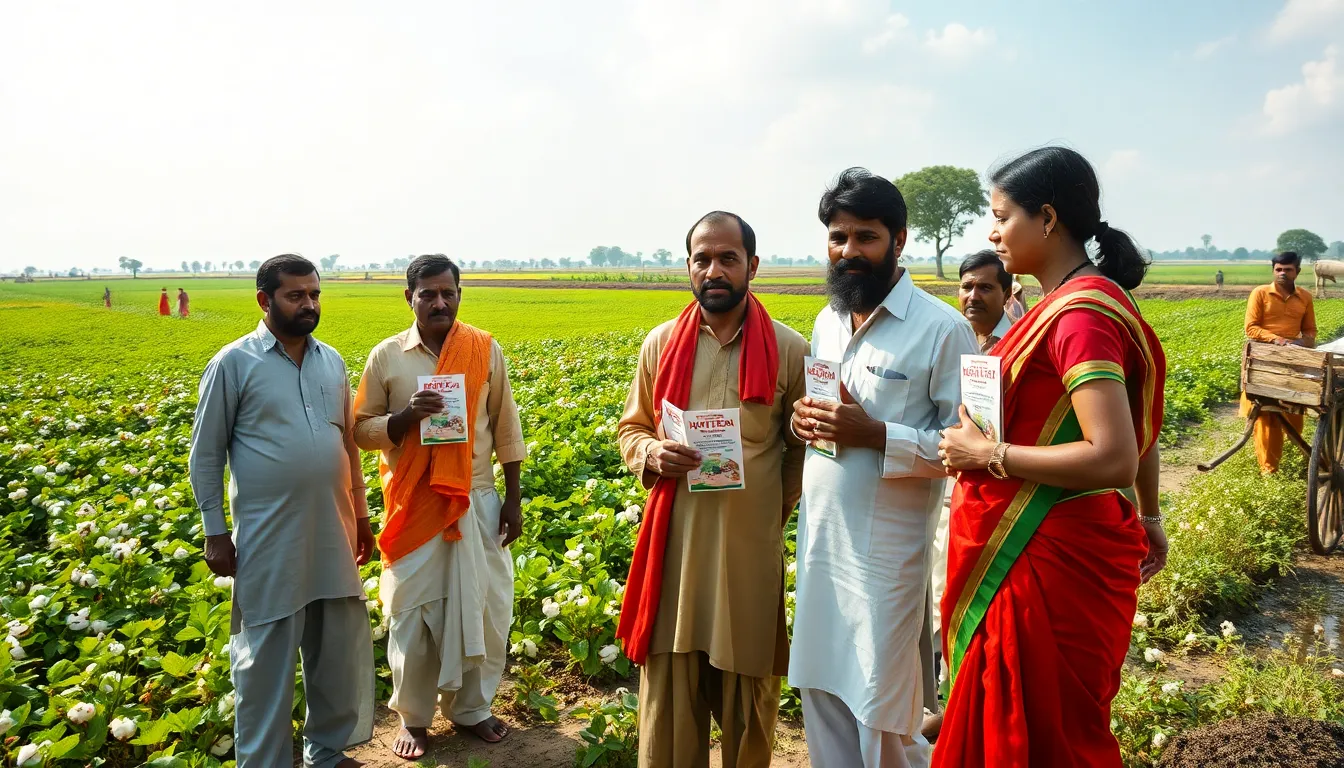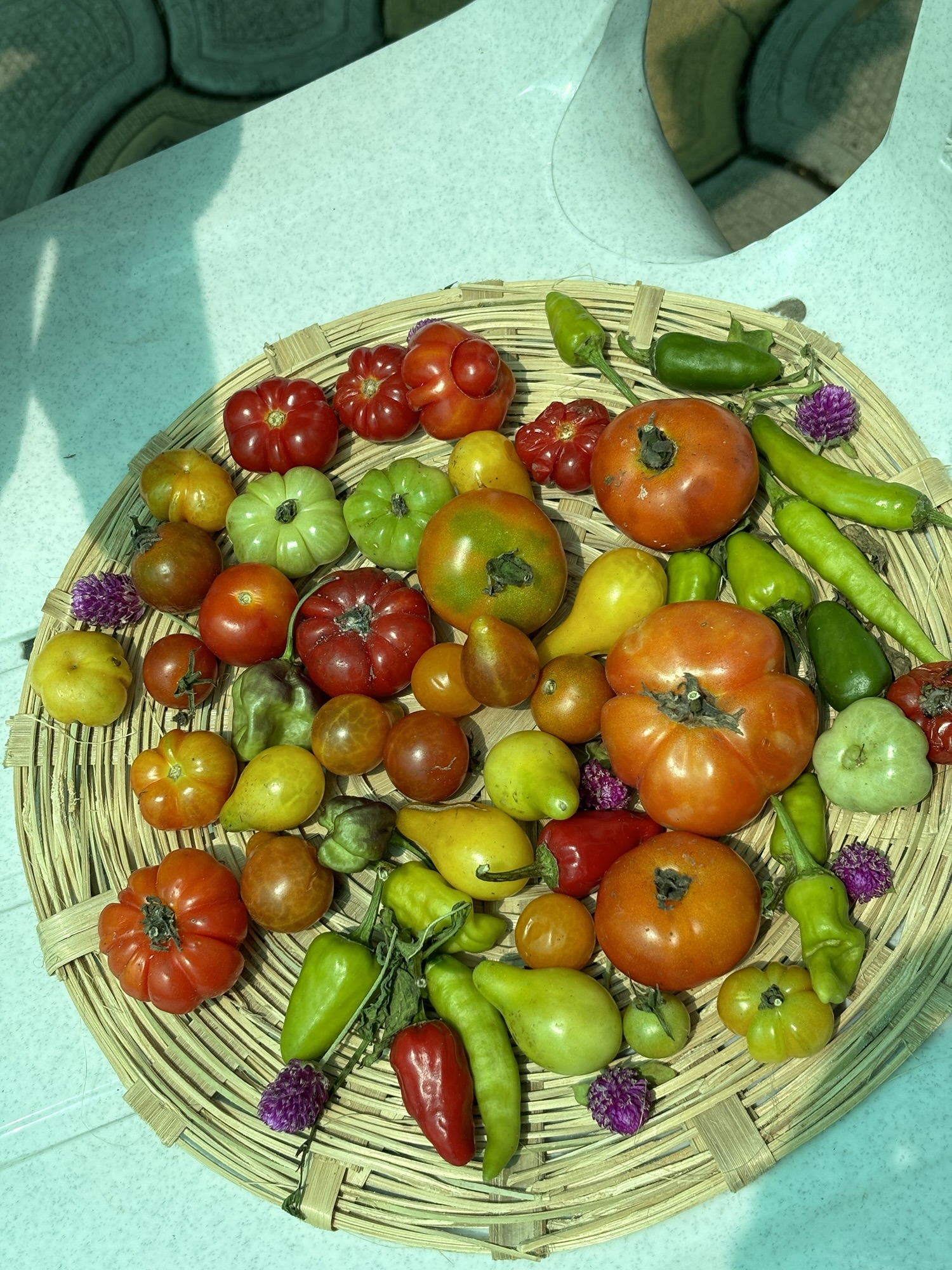The agricultural sector in India is facing a significant issue with HTBT (Herbicide Tolerant Bt) cotton seeds. These seeds have been at the centre of a heated debate among farmers, agricultural experts, and government officials. HTBT cotton is engineered to withstand specific herbicides, allowing farmers to control weeds more efficiently. However, the introduction of these seeds has raised concerns about their safety and legality.
Recently, reports emerged about the secret sale of HTBT cotton seeds. Farmers are reportedly buying these seeds despite an ongoing ban by the Indian government. The Agriculture Department has been alerted to these activities and is taking steps to address the situation. Officials warn that using unapproved seeds could lead to lower yields and increased pest problems.
The controversy began when a few farmers claimed that HTBT seeds provide better yields and reduce the need for herbicides. They argue that these seeds could help them cope with the increasing challenges of pest resistance and climate change. However, many experts are concerned that the long-term effects of these seeds are not well understood.
The Agriculture Department has launched an investigation into the unauthorized sale of HTBT seeds. They are urging farmers to stay away from these products and rely on legally approved seeds instead. The department emphasizes the importance of using seeds that have undergone rigorous testing to ensure safety and effectiveness.
Farmers are often caught in a dilemma. On one hand, they want to use the latest technology to improve their productivity. On the other hand, they fear the consequences of using unapproved seeds. Many farmers are turning to local sellers who claim to offer HTBT seeds at a lower price, making the decision even more complicated.
The government is working to educate farmers about the risks of using unapproved seeds. Workshops and training sessions are being organized to inform farmers about the importance of following legal guidelines. These sessions aim to highlight the benefits of using approved seeds that have been tested for quality and safety.
Meanwhile, environmental activists are also voicing their concerns about HTBT cotton. They argue that the use of such genetically modified seeds could harm biodiversity and lead to the development of superweeds, which are resistant to herbicides. The potential impact on the environment is a significant worry for many.
In conclusion, the situation surrounding HTBT cotton seeds is complex and evolving. Farmers are urged to be cautious and to seek guidance from the Agriculture Department before making decisions about seed purchases. The government’s investigation into the illegal sale of HTBT seeds is a step towards ensuring that farmers have access to safe and effective agricultural products. As this issue unfolds, it is crucial for all stakeholders to engage in open dialogue to find solutions that benefit both farmers and the environment.





